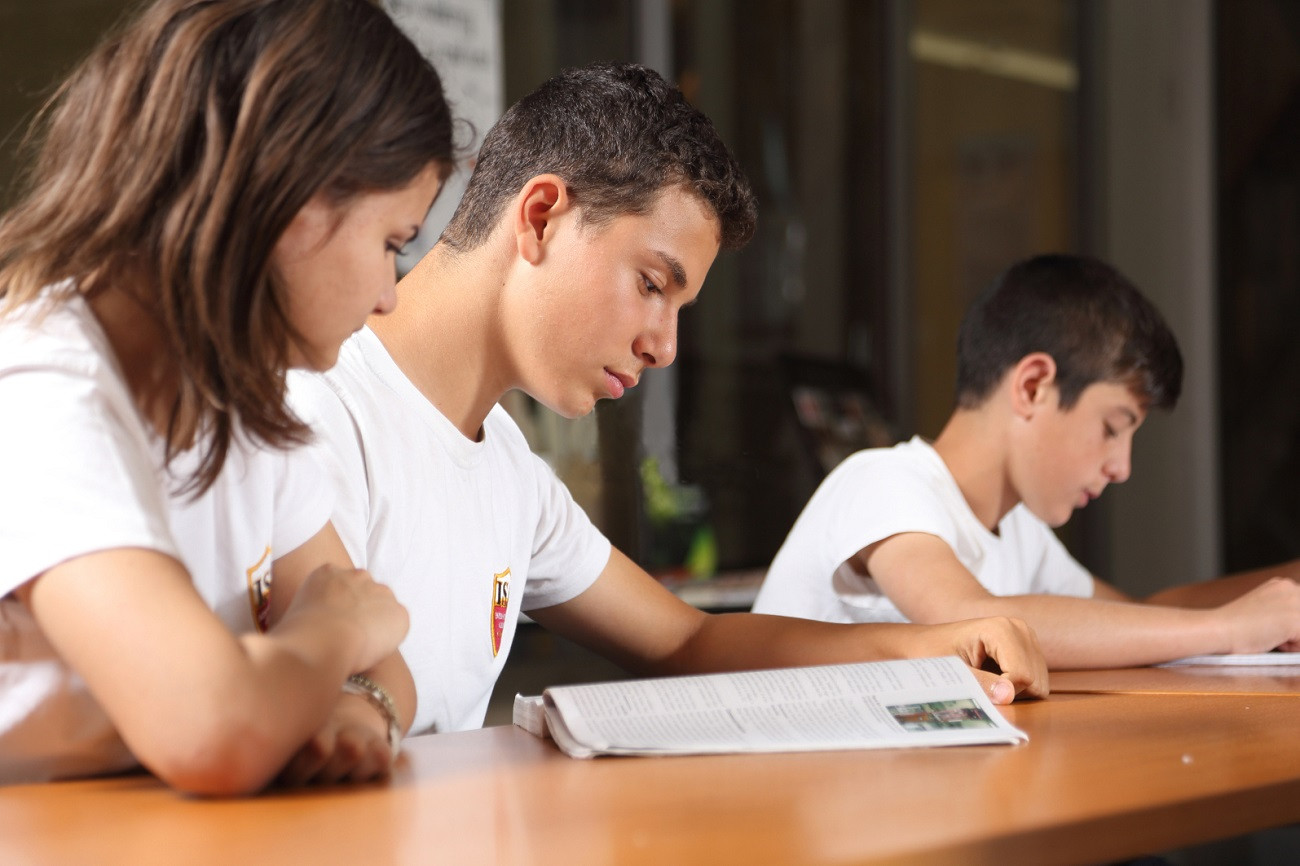Language is what makes us human. It is a recourse against the meaningless noise and silence of nature and history.
Octavio Paz
Literature is the art of discovering something extraordinary about ordinary people, and saying with ordinary words something extraordinary.
Boris Pasternak
Language is fundamental to learning, thinking and communicating; therefore it permeates the whole curriculum. Indeed, all teachers are language teachers, continually expanding the boundaries of what students are thinking about. Mastery of one or more languages enables each student to achieve their full linguistic potential.
Students need to develop an appreciation of the nature of language and literature, of the many influences on language and literature, and of its power and beauty. They will be encouraged to recognize that proficiency in language is a powerful tool for communication in all societies. Furthermore, language and literature incorporates creative processes and encourages the development of imagination and creativity through self-expression.
All IB programmes value language as central to developing critical thinking, which is essential for the cultivation of intercultural understanding, as well as for becoming internationally minded and responsible members of local, national and global communities. Language is integral to exploring and sustaining personal development and cultural identity, and provides an intellectual framework to support conceptual development. The six skill areas in the MYP language and literature subject group—listening, speaking, reading, writing, viewing and presenting—develop as both independent and interdependent skills. They are centred within an inquiry-based learning environment. Inquiry is at the heart of MYP language learning, and aims to support students’ understanding by providing them with opportunities to independently and collaboratively investigate, take action and reflect.
As well as being academically rigorous, MYP language and literature equips students with linguistic, analytical and communicative skills that can also be used to develop interdisciplinary understanding across all other subject groups. Students’ interaction with chosen texts can generate insight into moral, social, economic, political, cultural and environmental factors and so contributes to the development of opinion-forming, decision-making and ethical-reasoning skills, and further develops the attributes of an IB learner.
To assist in achieving these broader goals, this guide provides both teachers and students with clear aims and objectives for MYP language and literature, as well as details of internal assessment requirements.
